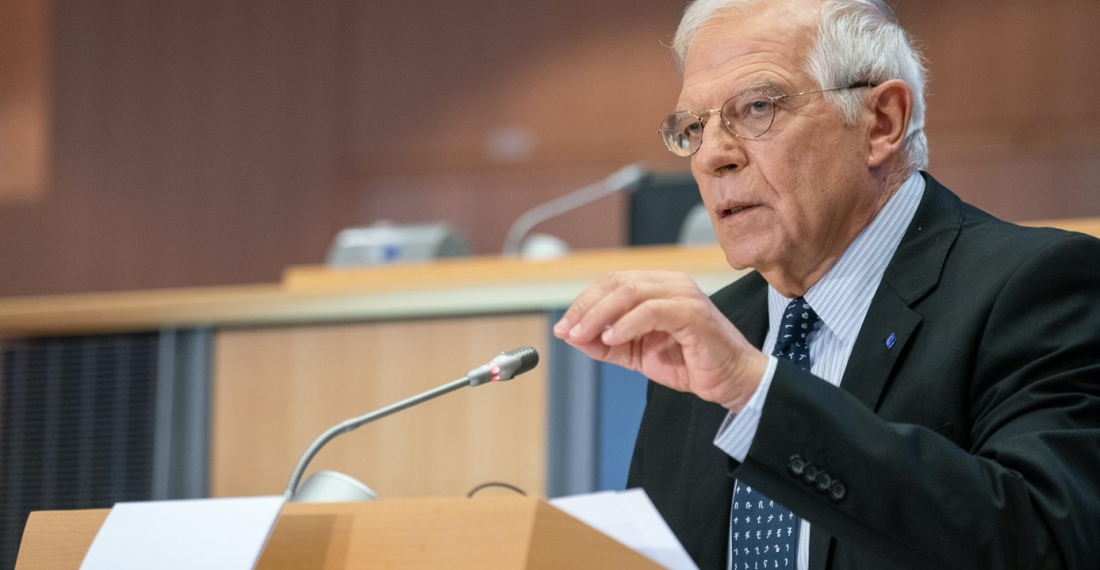The EU High Representative for Foreign Affairs and Security Policy/Vice-President of the European Commission, Josep Borrell, spoke on Thursday 12 November by telephone to the Minister of Foreign Affairs of Azerbaijan, Jeyhun Bayramov, and to the Minister of Foreign Affairs of Armenia, Zohrab Mnatsakanyan.
In both calls, the High Representative/Vice-President expressed the hope that the cessation of hostilities will enable efforts towards a lasting peaceful resolution of the conflict and will prevent further human suffering. He highlighted that the EU stands ready to provide further humanitarian assistance to address the needs of the civilian populations affected by the conflict, and has already allocated nearly €1 million in emergency aid.
The High Representative/Vice-President discussed with both Foreign Ministers respectively the ceasefire agreement brokered by Russia and agreed by Armenia and Azerbaijan on 9 November. Josep Borrell stressed that, first and foremost, the ceasefire must be fully respected and implemented by both sides. On this basis, it can constitute a first step towards a negotiated, comprehensive and sustainable settlement of the conflict. The High Representative/Vice-President emphasised to both Ministers the importance of peace building and reconciliation and in this regard, of observing the principles of international humanitarian law and of protecting cultural heritage and its value and significance for local communities.
High Representative/Vice-President Borrell stressed the EU's commitment to continue to support the established OSCE Minsk Group Co-Chairs-led format. He reiterated that the European Union, including through the EU Special Representative for the South Caucasus and the EU Delegations, and he personally, stand ready to contribute to these efforts and to the implementation of agreements leading to sustainable peace and to a prosperous development of the entire South Caucasus region.
The High Representative/Vice-President looked forward to remaining in contact with both Ministers in the coming weeks, ahead of the upcoming EU-Armenia Partnership Council and EU-Azerbaijan Cooperation Council.
source: commonspace.eu with the press service of the European External Action Service.
photo: EU High Representative for Foreign and Security Policy Josep Borrell







